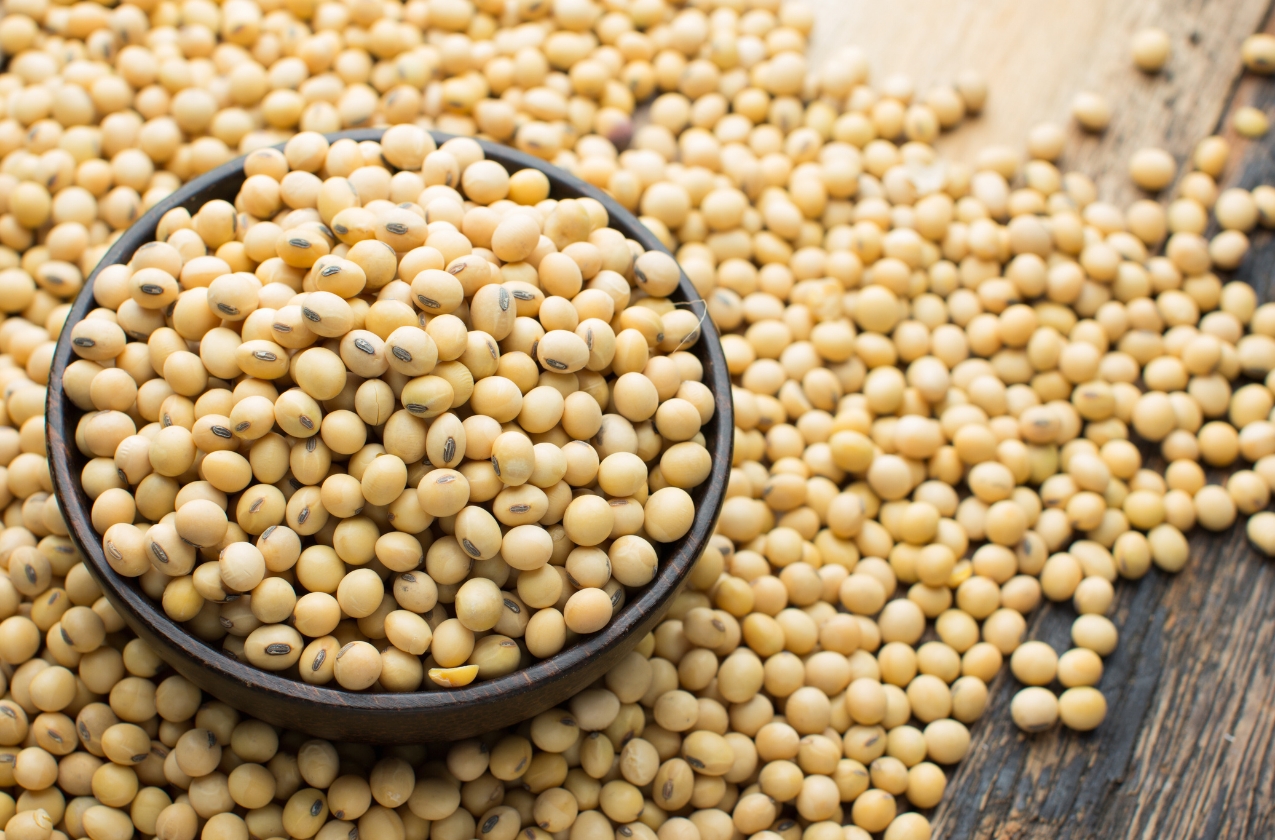Ukraine’s total losses from export duties on rapeseed and soybeans could reach UAH 670 million annually
The income gained by processors will not offset farmers’ losses, said Oleg Nivievskyi, founder of the Center for Food and Land Use Research at the Kyiv School of Economics (KSE).
According to him, calculations show that the economic development model resulting from the introduction of a duty on rapeseed would look like this:
- The duty lowers domestic rapeseed prices — exports become less profitable, so more rapeseed remains in Ukraine.
- Processors benefit (by about UAH 1.3 billion) — they buy at lower prices and get more raw material for domestic processing.
- Agricultural producers lose (UAH 7.6–7.7 billion) — they receive lower prices and reduced income.
- The state budget benefits (around UAH 6.2 billion) — from revenues generated by the export duty.
- The overall effect for Ukraine is negative (between –UAH 80 million and –UAH 170 million): farmers' losses exceed the gains for processors and the budget.
"Additional jobs, taxes, etc., are already factored into the above estimates — they do not need to be calculated separately," the expert added.
Oleg Nivievskyi emphasized that the results of the calculations for soybeans are even worse. It is also important to consider that agricultural producers will sow less soy and switch to other crops. In particular, the introduction of a duty on soybeans will result in:
- +UAH 4.3–4.4 billion — gains for processors
- –UAH 9.1–9.3 billion — losses for agricultural producers
- +UAH 4.1–4.7 billion — revenues for the state budget
- –UAH 200 to –500 million — overall economic losses for Ukraine
As a result, according to the expert, the combined effect of the duties on rapeseed and soybeans will lead to total losses for the state ranging from –UAH 280 million to –UAH 670 million.




















